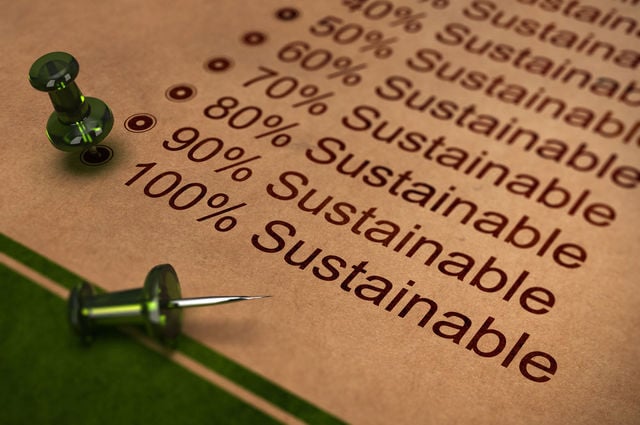How can sustainability be communicated beyond clichés and greenwashing?
31 experts shared their view
Both clichés and greenwashing are amongst the biggest traps to fall into when communicating sustainability. A "let's save the world" claim and tacky towel policy stickers are superficial and unappealing and could be a turn-off to the small group of environmentally and socially-conscious consumers. Green certification and lengthy, detailed corporate sustainability reports may (potentially) be of interest to a small niche group of highly activist consumers, who may not buy into that type of corporate hospitality in any case. However, there is a growing number of informed travelers: Those in search of genuine wellbeing and meaningful experiences at no (or as little as possible) cost to the planet. What works and what doesn't work in communicating sustainability? Any recommendations in regard to communication entering this critical decade?
Interest in business has moved beyond just how companies make more money or become more successful. Factors such as sustainability, corporate culture, social impact, and strong leadership are front of mind and expectations are changing, too. Media attention on such issues has never been stronger and the rise of social activism has led to consumers driving change, calling things out, demanding better. Sustainable investment – once niche to a small group of funds – is now mainstream with investors who increasingly use ESG factors to determine risk and opportunities. Colleague pride is also directly linked to what a business stands for.
There's no doubt that our industry is doing more in all of these areas – collaborating, pledging, committing. But the fact of the matter remains that running a successful business of scale does not always make it straight-forward to make big-ticket changes, such as going waste-free, or switching to renewable energy. This doesn't stop it from being our responsibility, but it is the authenticity of action in these areas and the transparency in how you're progressing which allows those efforts to resonate.
Whether it's your geographical distribution, your business model, or market-related sensitivities, many of the challenges our industry faces stem from the complexity of thinking at scale and the nuances that come with it. For example, IHG's 2019 commitment to remove miniature toiletries from nearly 865,000 hotel bathrooms in favour of large amenities requires a two-year implementation period because it entails partnership and investment from our third-party hotel owners in more than 100 countries, careful research into safety practices and quality standards, and a supportive operational plan for our thousands of hotels to make the change. We find that our stakeholders are willing to understand this, as long as we're transparent about where we are on the journey, the challenges we face and what this means in reality. It's important that any action you take is communicated within your business context and as part of an ongoing journey.
I also believe that robust measurement and data insights are essential to managing operational impact and telling a story of progress. Using the right software to measure and report on the impact of core hotel operations in the areas of energy, carbon, water and waste gives you a chance to set a baseline understanding of overall environmental impact and establish the most effective solutions. This then inevitably enables you to communicate in honest, informed terms – being pragmatic in the areas you need to do more and shouting about your big achievements which are backed up by robust data and learnings.


